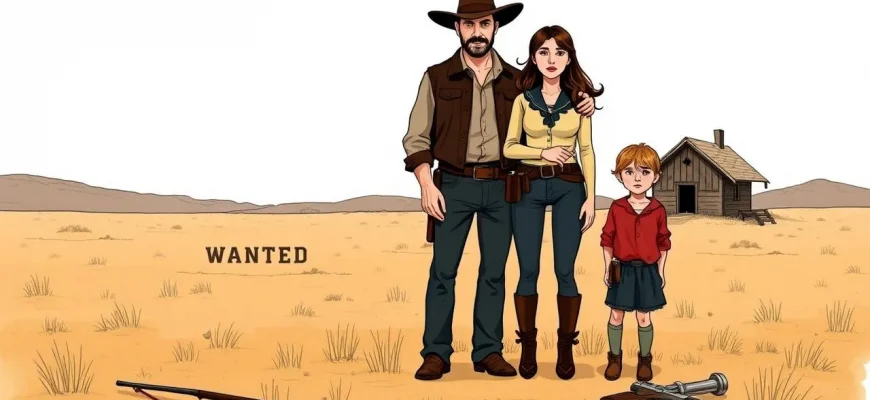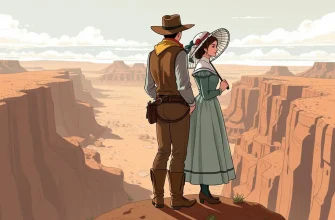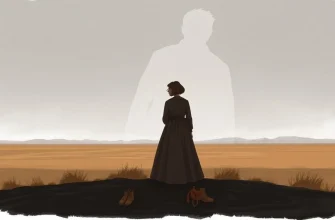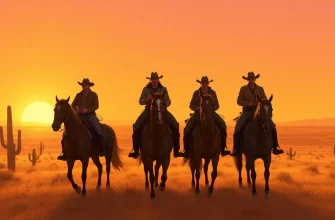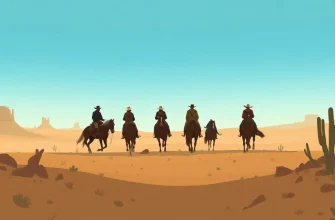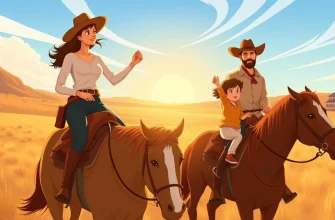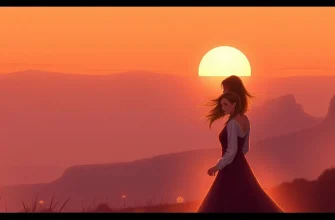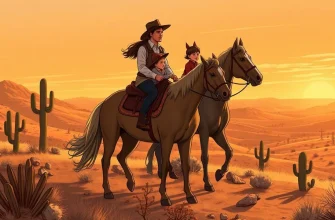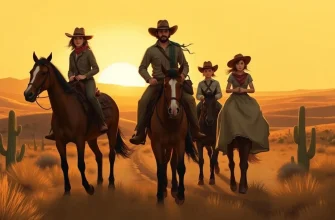The Wild West, with its lawlessness and rugged landscapes, often serves as a backdrop for tales of family strife and redemption. These films delve into the complexities of family dynamics, showcasing how the harsh environment can both break and bond kin. From tales of revenge to stories of reconciliation, these westerns offer a unique perspective on the trials and tribulations of families in the frontier.
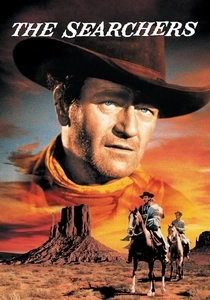
The Searchers (1956)
Description: This classic John Ford film follows Ethan Edwards, a Civil War veteran, on his obsessive quest to rescue his niece from Comanche kidnappers, highlighting the dysfunction within his own family.
Fact: John Wayne's character, Ethan Edwards, was originally written to be much more racist, but Wayne toned down the character's bigotry. The film was also shot in Monument Valley, which became synonymous with Ford's westerns.
 Watch Now
Watch Now 
The Man Who Shot Liberty Valance (1962)
Description: This film examines the myth of the West through the lens of a lawyer who becomes a hero by killing an outlaw, affecting his relationship with his wife and the town.
Fact: The film's famous line, "When the legend becomes fact, print the legend," encapsulates the theme of myth versus reality in the West.
 Watch Now
Watch Now 
Hud (1963)
Description: This film explores the strained relationship between a father and son on a Texas ranch, focusing on themes of moral decay and familial conflict.
Fact: Paul Newman's character, Hud, was originally intended to be more sympathetic, but Newman's portrayal made him more of an anti-hero. The film was shot in black and white to emphasize the bleakness of the story.
 Watch Now
Watch Now 
True Grit (1969)
Description: A young girl hires a tough, aging U.S. Marshal to track down her father's murderer, leading to a journey that tests the bonds of family and duty.
Fact: John Wayne won his only Academy Award for Best Actor for his role as Rooster Cogburn. The film was remade in 2010 by the Coen Brothers.
 Watch Now
Watch Now 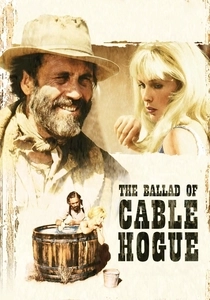
The Ballad of Cable Hogue (1970)
Description: A man left to die in the desert finds water and builds a way station, exploring themes of isolation, redemption, and the makeshift family he creates.
Fact: Sam Peckinpah, known for his violent westerns, directed this more comedic and sentimental film. The film was shot in the Nevada desert.
 Watch Now
Watch Now 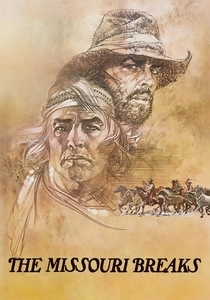
The Missouri Breaks (1976)
Description: A tale of a horse thief and a rancher, with their families caught in the crossfire, highlighting the clash of old and new ways of life.
Fact: This was the only film to star both Marlon Brando and Jack Nicholson. Brando improvised much of his dialogue, leading to some tension on set.
 Watch Now
Watch Now 
The Outlaw Josey Wales (1976)
Description: After his family is murdered, a farmer becomes an outlaw, forming a makeshift family with other outcasts, exploring themes of revenge, redemption, and the creation of new family bonds.
Fact: Clint Eastwood directed, produced, and starred in this film, which was his first western as a director.
 Watch Now
Watch Now 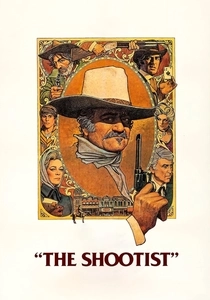
The Shootist (1976)
Description: John Wayne's final film role as an aging gunfighter who seeks to die with dignity, while his relationship with a young boy and his mother explores themes of legacy and family.
Fact: The film was Wayne's last, and he was battling cancer during its production. The character's name, J.B. Books, was a nod to Wayne's real name, Marion Morrison.
 Watch Now
Watch Now 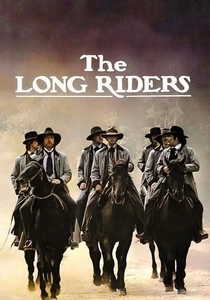
The Long Riders (1980)
Description: This film tells the story of the James-Younger gang, focusing on the familial bonds and conflicts within the group.
Fact: The film cast real-life brothers to play the brothers in the gang, including the Keach brothers, the Carradine brothers, and the Quaid brothers.
 Watch Now
Watch Now 
The Hi-Lo Country (1998)
Description: Set in post-World War II New Mexico, this film explores the friendship and rivalry between two cowboys, with their families at the heart of their conflicts.
Fact: The film was adapted from a novel by Max Evans, who also wrote "The Rounders," another western. It was one of the last films directed by Stephen Frears before he returned to more contemporary settings.
 30 Days Free
30 Days Free 
